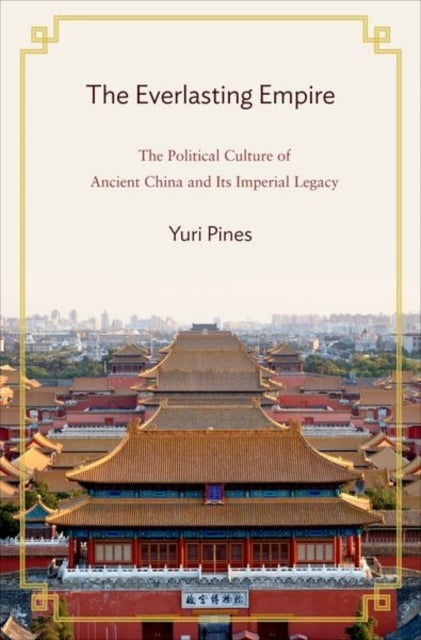
The Everlasting Empire av Yuri Pines
589,-
<p>Established in 221 BCE, the Chinese empire lasted for 2,132 years before being replaced by the Republic of China in 1912. During its two millennia, the empire endured internal wars, foreign incursions, alien occupations, and devastating rebellions--yet fundamental institutional, sociopolitical, and cultural features of the empire remained intact. <i>The Everlasting Empire</i> traces the roots of the Chinese empire''s exceptional longevity and unparalleled political durability, and shows how lessons from the imperial past are relevant for China today.<br><br><br> Yuri Pines demonstrates that the empire survived and adjusted to a variety of domestic and external challenges through a peculiar combination of rigid ideological premises and their flexible implementation. The empire''s major political actors and neighbors shared its fundamental ideological principles, such as unity under a single monarch--hence, even the empire''s strongest domestic and foreign foes adopted the system of i








